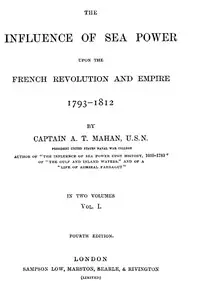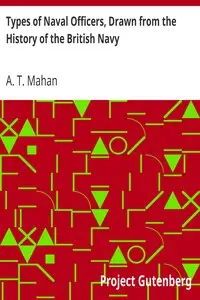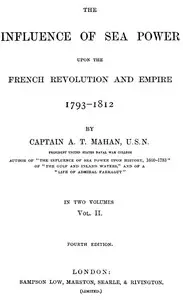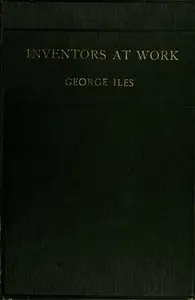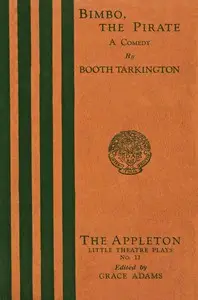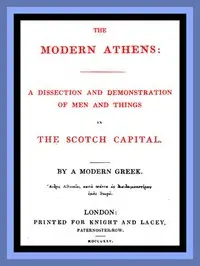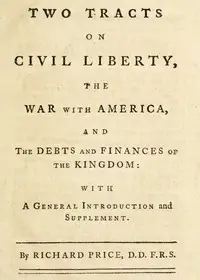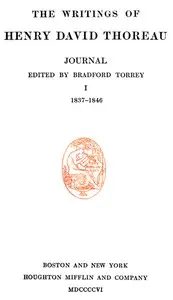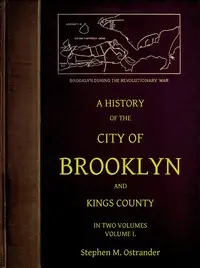"Sea Power in its Relations to the War of 1812. Volume 2" by A. T. Mahan is a historical account written in the late 19th century. This work examines the influence of naval power on the events and strategies during the War of 1812, with a particular focus on key naval engagements and the broader implications of maritime supremacy. It delves into how the control of the seas shaped military outcomes, reflecting on the lessons that can be drawn from the interplay of maritime strategy and warfare. The opening of the second volume begins with a detailed recounting of naval operations during the winter of 1812-1813. It highlights Commodore William Bainbridge's squadron's strategic maneuvers and examinations of naval engagements, specifically between the "Constitution" and the "Java," as well as the "Hornet" and "Peacock." Mahan discusses the evolving British blockade along the Atlantic coast and its constraining impact on American naval operations. Through these initial analyses, the text sets the stage for understanding the broader maritime dynamics and strategic considerations of the war as it unfolds in subsequent chapters. (This is an automatically generated summary.)

Sea Power in its Relations to the War of 1812. Volume 2
By A. T. (Alfred Thayer) Mahan
"Sea Power in its Relations to the War of 1812. Volume 2" by A. T. Mahan is a historical account written in the late 19th century. This work examines ...
Alfred Thayer Mahan was a United States naval officer and historian, whom John Keegan called "the most important American strategist of the nineteenth century." His 1890 book The Influence of Sea Power Upon History, 1660–1783 won immediate recognition, especially in Europe, and with the publication of its 1892 successor, The Influence of Sea Power Upon the French Revolution and Empire, 1793–1812, he affirmed his status as a globally-known and regarded military strategist, historian, and theorist. Mahan's works encouraged the development of large capital ships — eventually leading to dreadnought battleships — as he was an advocate of the 'decisive battle' and of naval blockades. Critics, however, charged him with failing to adequately explain the rise of largely land-based empires, such as the German or Ottoman Empires, though Mahan did accurately predict both empires' defeats in World War I. Mahan directly influenced the dominant interwar period and World War II-era Japanese naval doctrine of the "decisive battle doctrine" , and he became a "household name" in Germany. He also promoted American control over Hawaii though he was "lukewarm" in regards to American imperialism in general. Four U.S. Navy ships have borne his name, as well as various buildings and roads; and his works are still read, discussed, and debated in military, historical, and scholarly circles.

